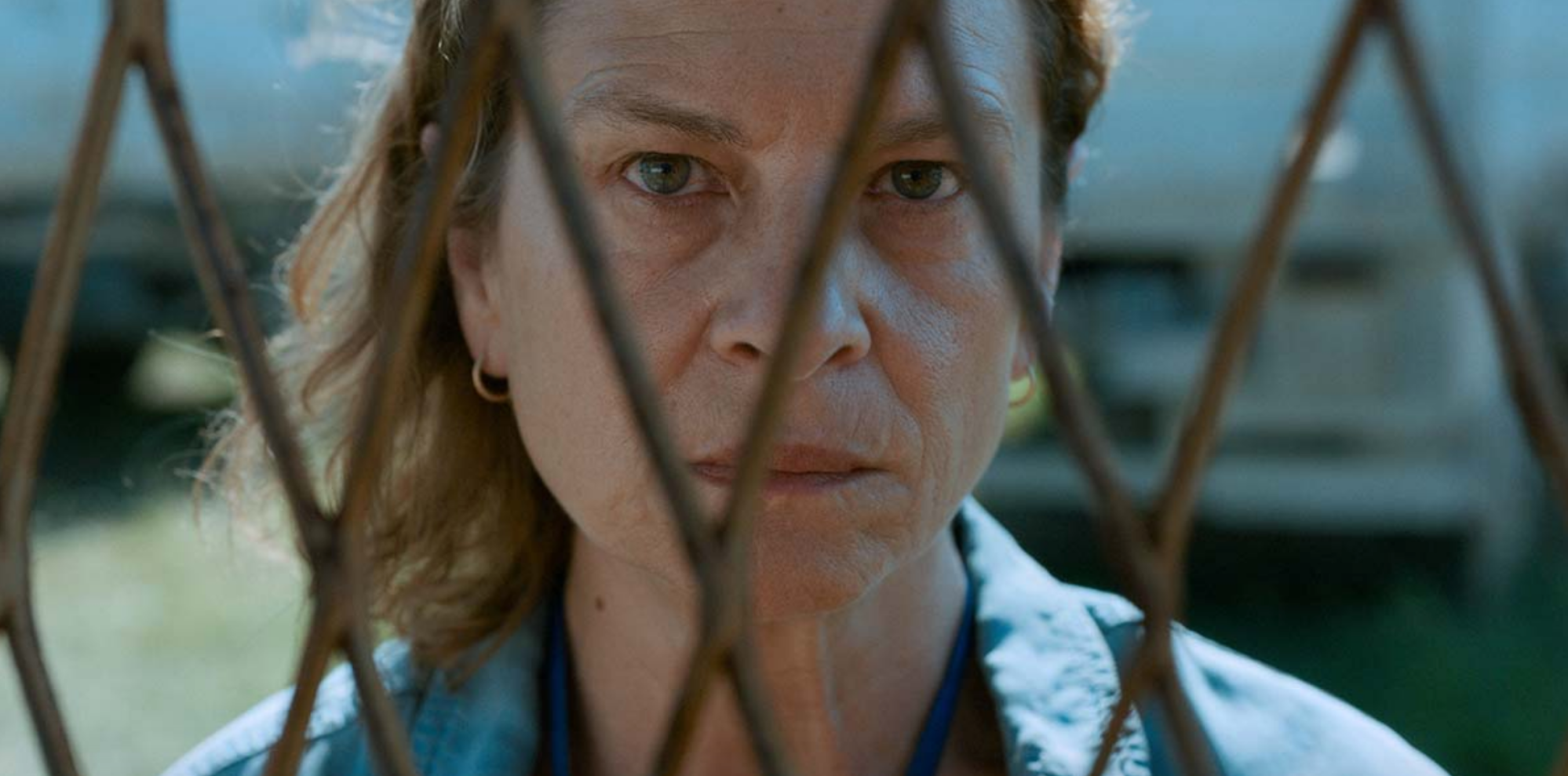
- Golden Globe Awards
Quo Vadis, Aida? (Bosnia and Herzegovina)
In 1995, one of the worst massacres of the Balkan war happened during what was already one of the most violent periods of the conflict in the former Yugoslavia. 8,372 innocent civilians were murdered in the Bosnian town of Srebenica by the Bosnian Serb army under the command of General Ratko Mladic, a particularly brutal commander who now serves a life sentence after being convicted for war crimes and crimes against humanity by the international Criminal Court in The Hague.
In Quo Vadis, Aida? director Jasmila Žbanić, 45, tells this most disturbing and harrowing story through the eyes of Aida, a local woman who works as a translator for the UN-base run by a Dutch commander. The director’s years-long research focused on survivors, mostly women, to get their perspective, and concentrated on the most helpless of victims, as she told us during the film’s world premiere: “We are talking about women that were not educated, women from the villages around there. And I wanted to know what it means to return and to live with people who were perpetrators. I wanted to know what it means to have a connection with both times, July 1995 and the future. It was important that the main character is a teacher because this is the question that interests me: how can we go on after genocide? What do we tell the children? And what will they become? Will they be soldiers like their fathers, or will they open their eyes to a different perspective?”
Aida, played by Serbian actress Jasna Đuričić, acts as the intermediary between her own people, including her family, and the political powers, and in that position, she has to make some difficult decisions reminiscent of some themes of Sophie’s Choice.
The director says that even during her research she encountered a lot of silence about the period. “Many stories got suppressed because people wanted to look to a better future. And then those wounds got opened and the blood was still there. For me, the way to live together is to open all mass graves, to write all the facts, to put war criminals where they belong and then see how to build a future together.”
Žbanić certainly opened a lot of metaphorical graves with her film, forcing us to look at the skeletons of war. The director, who won the Golden Bear in Berlin in 2006 with her debut feature Grbavica, was barely 21 when she herself was trapped in Sarajevo, a city under siege during the Balkan war.